
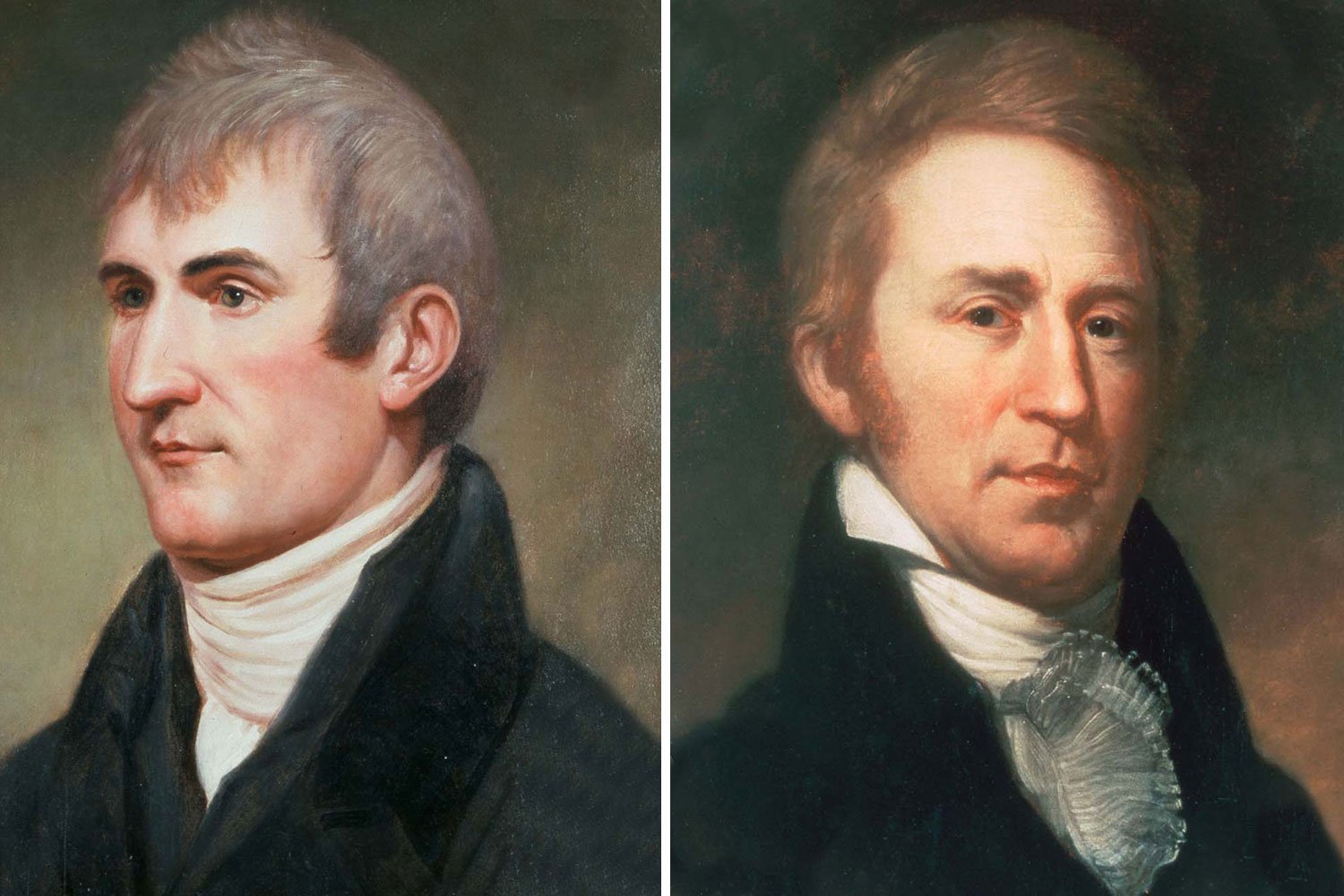
Lewis and Clark Expedition, Part 3: Leaders of the Corps of Discovery
In 1801, Meriwether Lewis was a Captain serving as the paymaster for the First Infantry Regiment of the United States Army. In March, he received a letter from Thomas Jefferson, the newly inaugurated President, asking Lewis to become his private secretary. Lewis, whose family was friends with the Jefferson clan, accepted at once, and thus began a close working relationship, one in which Jefferson became a father figure to Lewis and mentored his young subordinate on policy matters, including his dreams of western exploration and expansion.
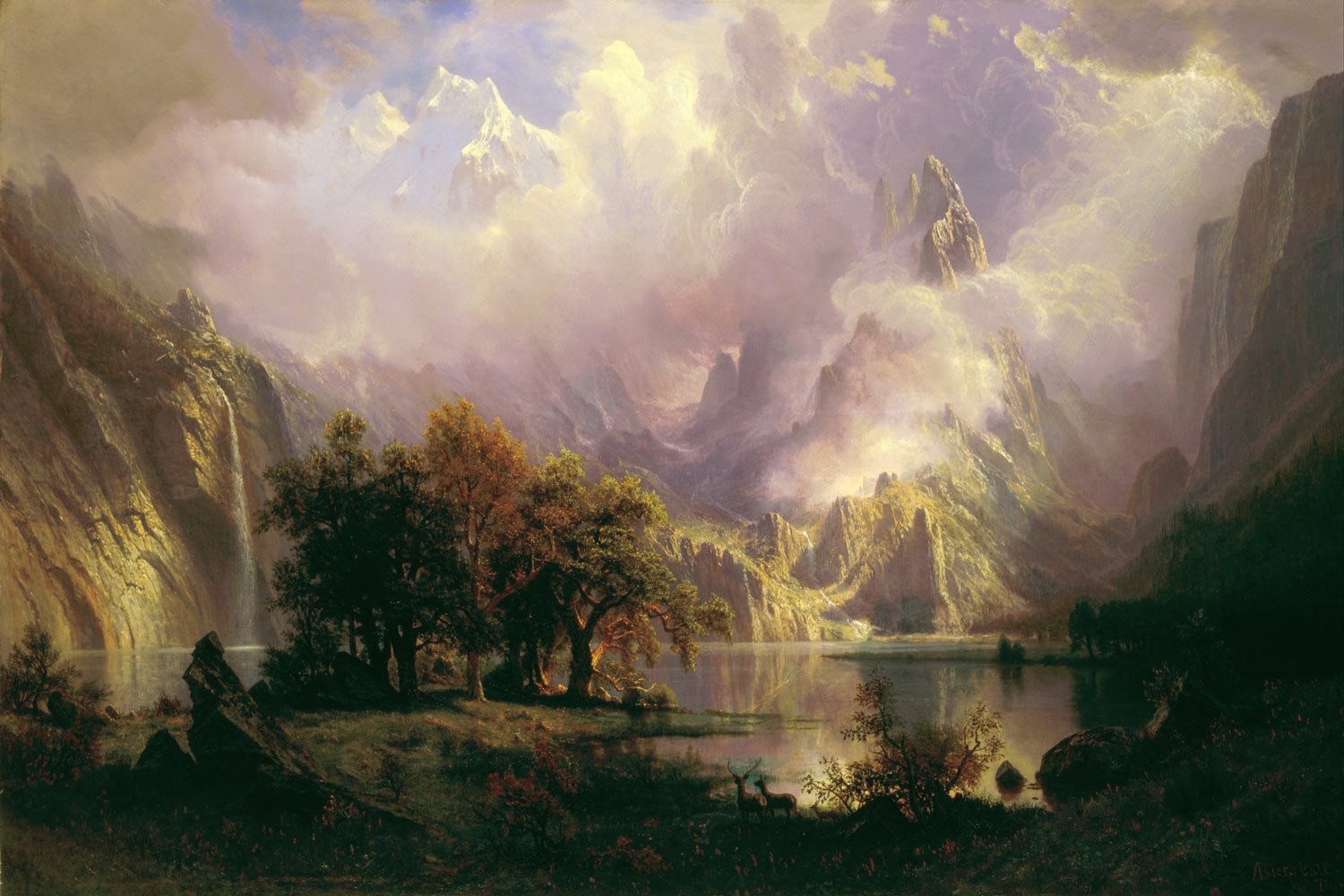
Lewis and Clark Expedition, Part 2: Thomas Jefferson’s Western Vision
By the time they began to assemble the Corps of Discovery in the summer of 1803, Thomas Jefferson and Meriwether Lewis knew more than anyone else about the Louisiana Territory, that immense wilderness the country had recently purchased from France. Although Jefferson had never ventured more than fifty miles west from Monticello, he had dreamed of the trans-Mississippi and studied the region extensively over the previous two decades, even trying unsuccessfully to send exploratory expeditions on several occasions.
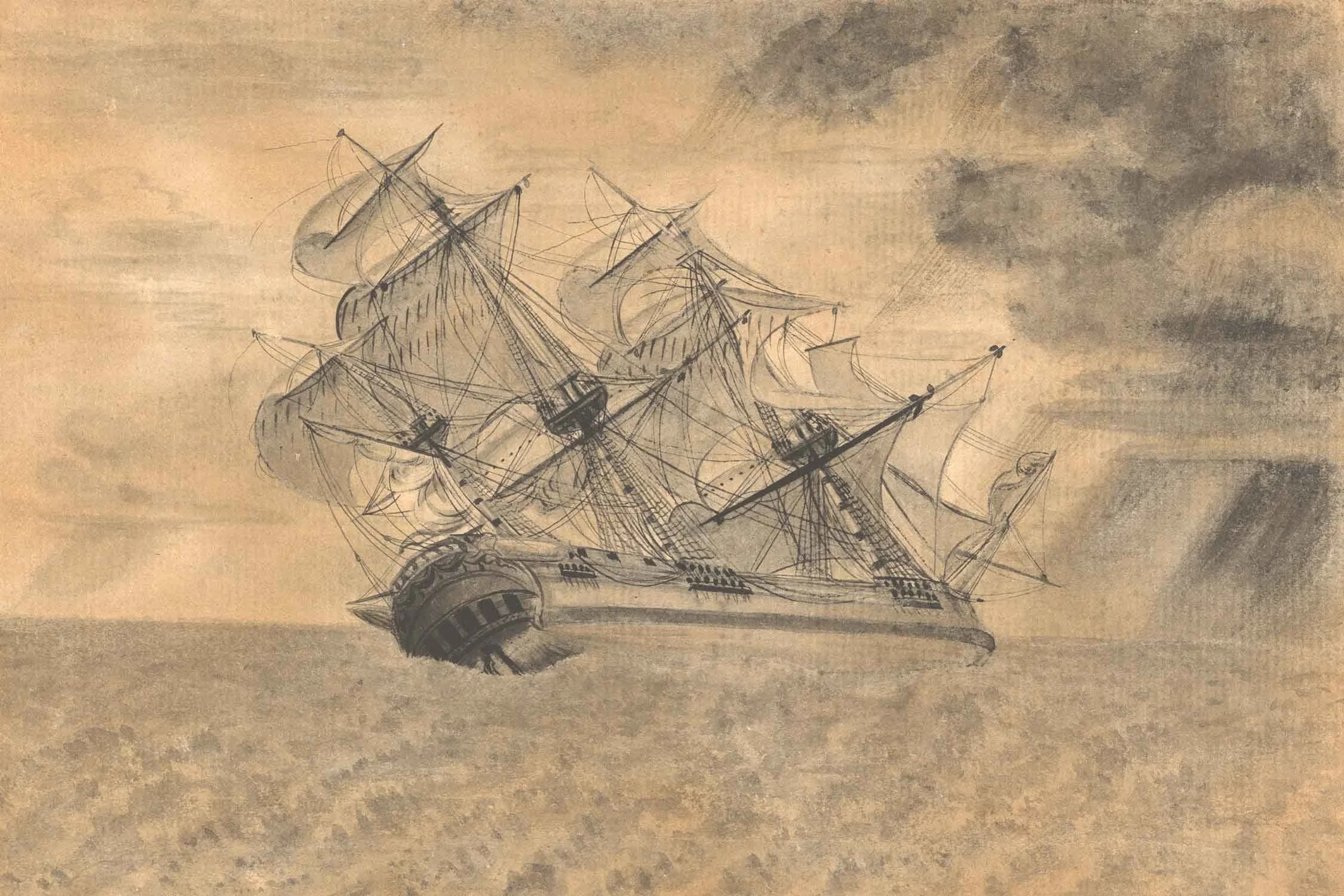
Lewis and Clark Expedition, Part 1: The Search for the Northwest Passage
The dream of finding an all water route across North America, the mythical Northwest Passage, had been imagined since the time of Christopher Columbus. Incredibly, three hundred years after the Admiral of the Ocean Seas completed his epic voyages, the vast interior of the continent was still essentially unknown to Europeans. This great uncertainty led to numerous theories about what lay beyond what men could see.
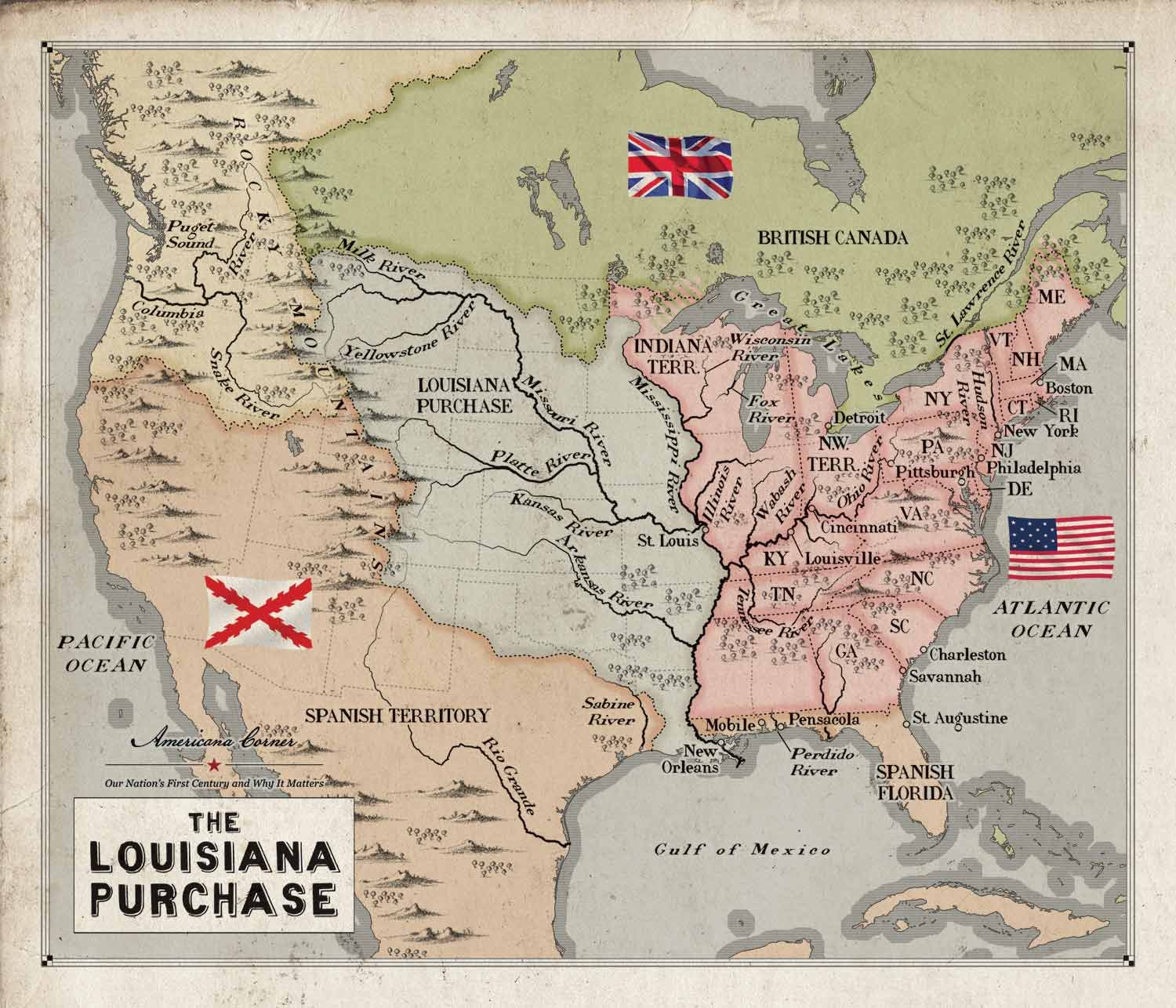
Louisiana Purchase, Part 4: “The Noblest Work of Our Lives”
The midnight deal Robert Livingston, United States Minister to France, struck with Francois Barbe-Marbois, Napoleon’s Finance Minister, on April 13, 1803, to purchase the Louisiana territory was one of the most impactful agreements in the history of the United States. It resulted from months of conversations Livingston had had with numerous French officials, creating a foundation for the details that would follow. But as important as this step was, there remained several hurdles to overcome.
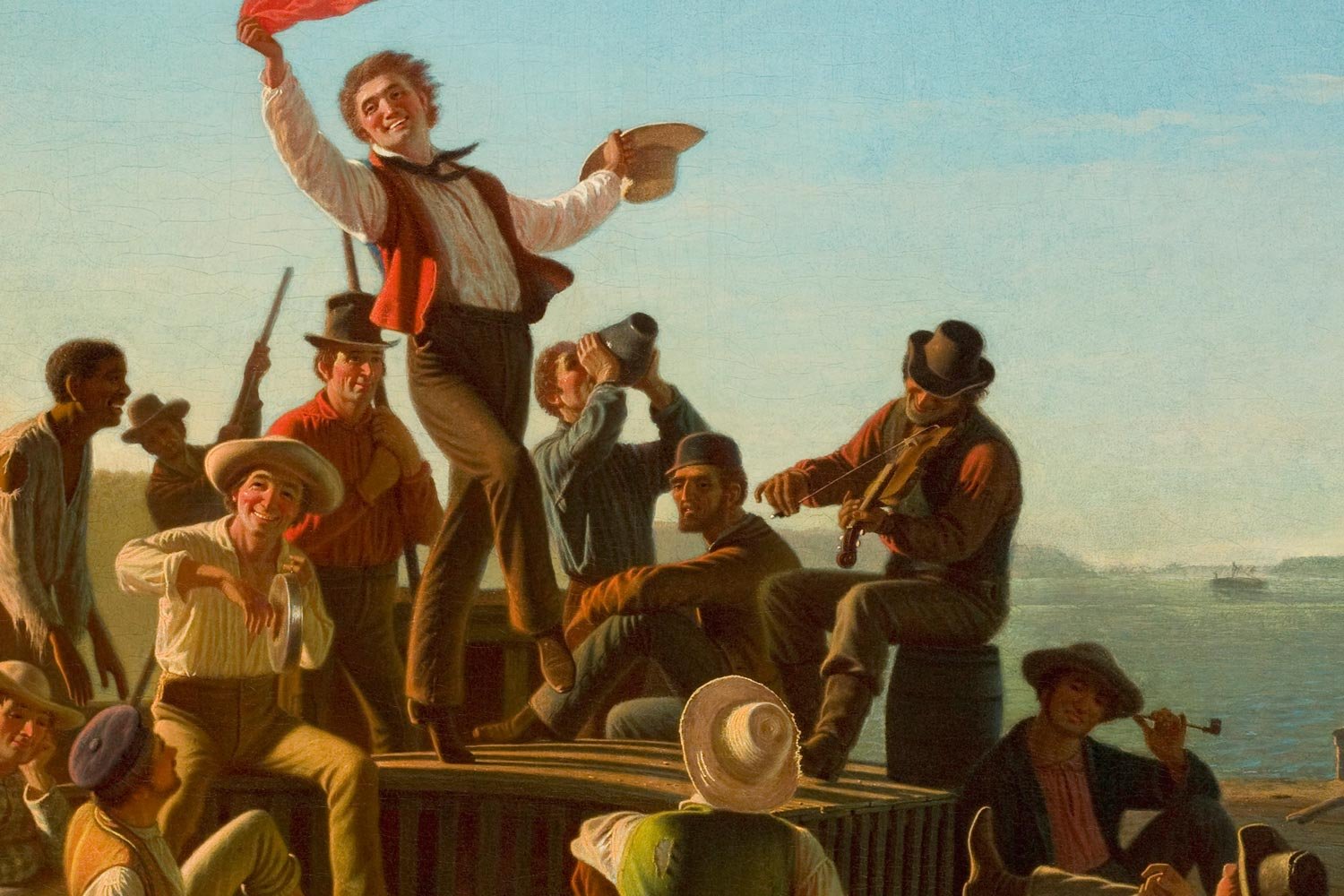
Louisiana Purchase, Part 3: Napoleon’s Unexpected Gift
As a boy growing up in Virginia, Thomas Jefferson listened to his father tell captivating stories of the pristine wilderness beyond the Appalachian Mountains and dreamed of what opportunities lay in the uncharted lands of North America. As Jefferson grew to manhood, he became a proponent of national expansionism, recognizing that the future greatness of the country lay outside the original thirteen colonies.
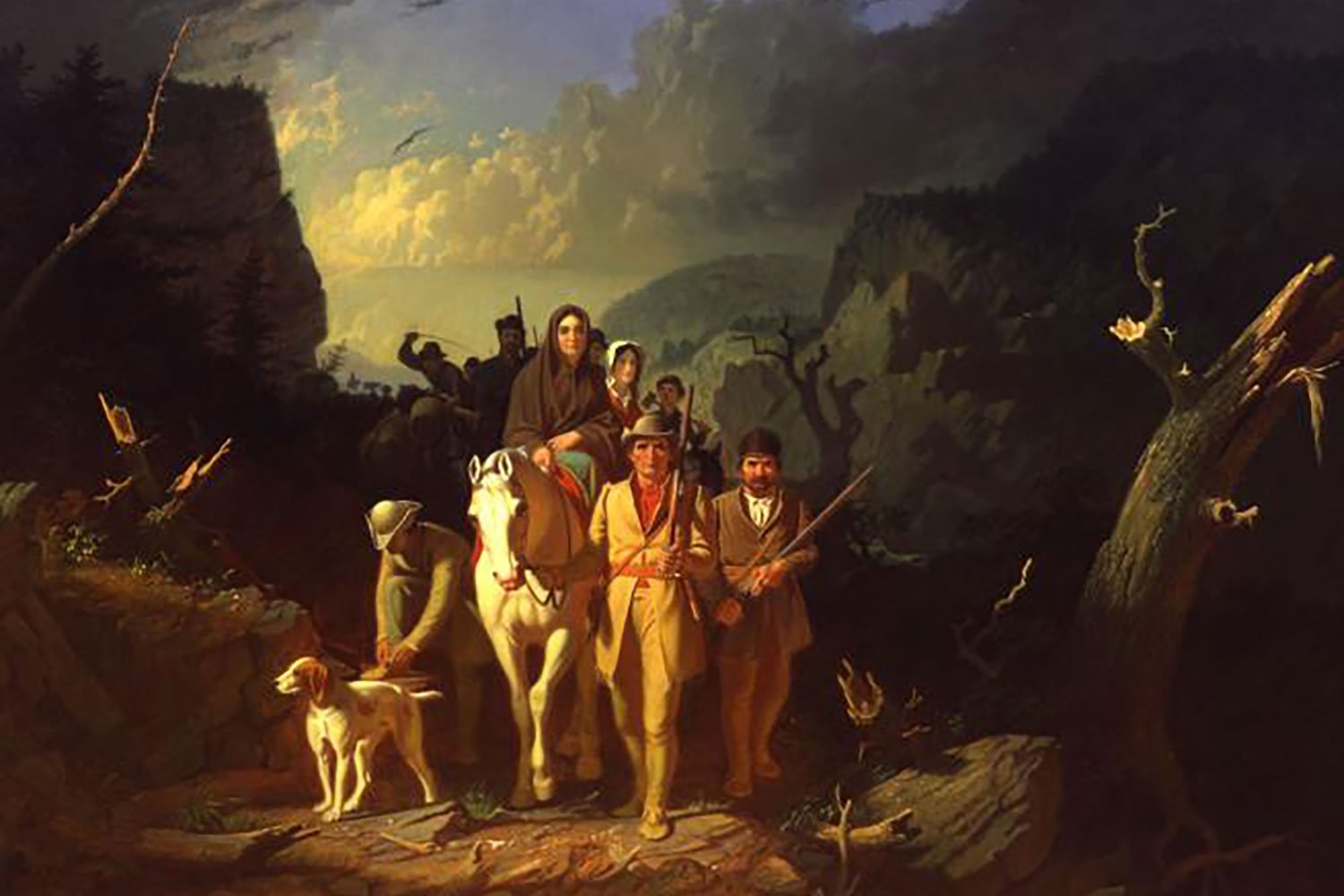
Louisiana Purchase, Part 2: Western Settlement and the Mississippi River
The Treaty of Paris of 1783 which officially ended the American Revolution was generous to the United States, much more so than most had expected. Besides recognizing American independence, the provisions which Great Britain proposed greatly expanded the boundaries of the new nation, granting the United States all the land north of the Ohio River as far west as the Mississippi and as far north as British Canada. But like all gifts from adversaries, this one came with some issues that would simmer for decades.
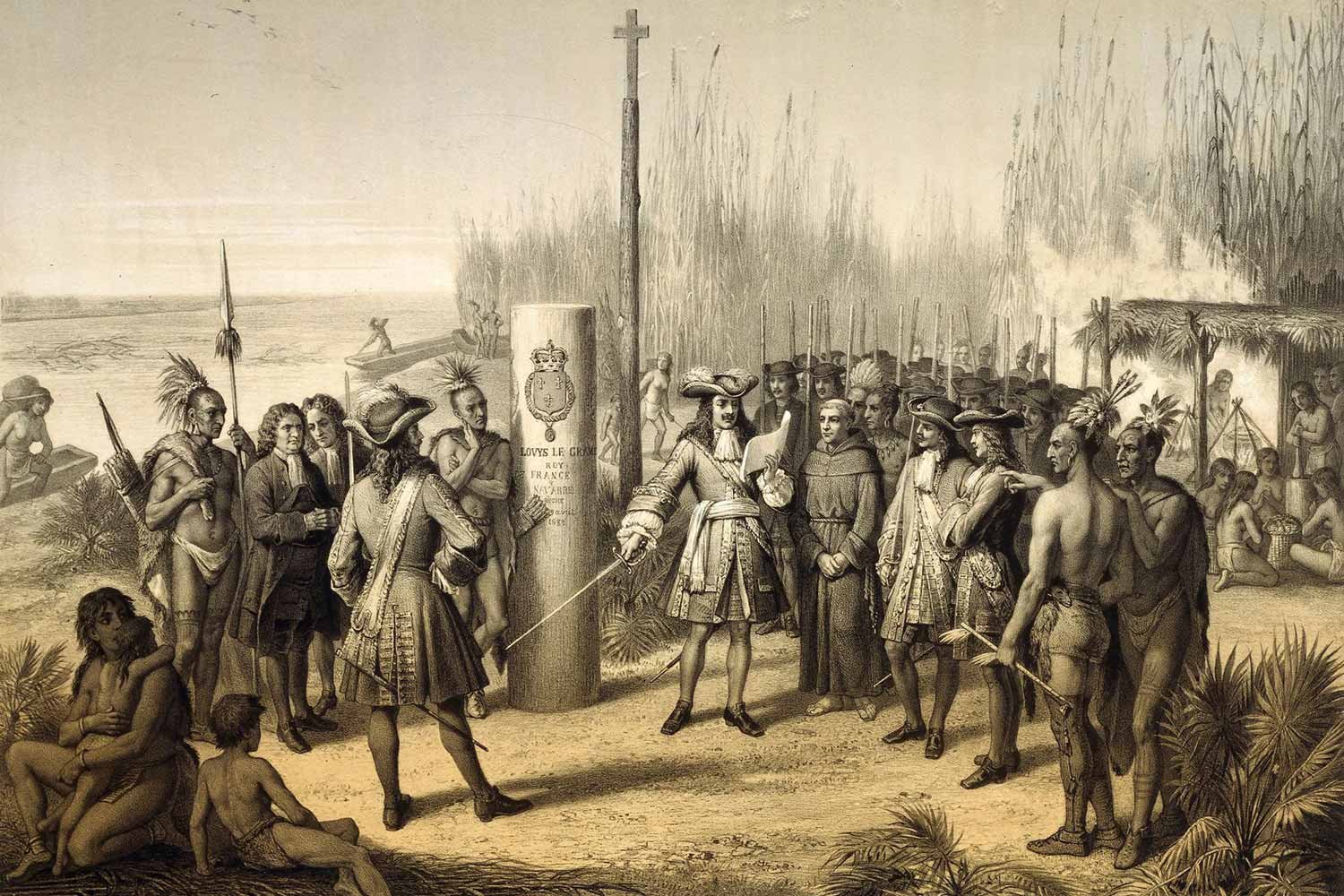
Louisiana Purchase, Part 1: The Early History of the Louisiana Territory
The Louisiana Purchase of 1803 was one of the truly watershed events in American history. The acquisition of this vast land placed the United States firmly on a path towards both the domination of North America and the status of an emerging world power.
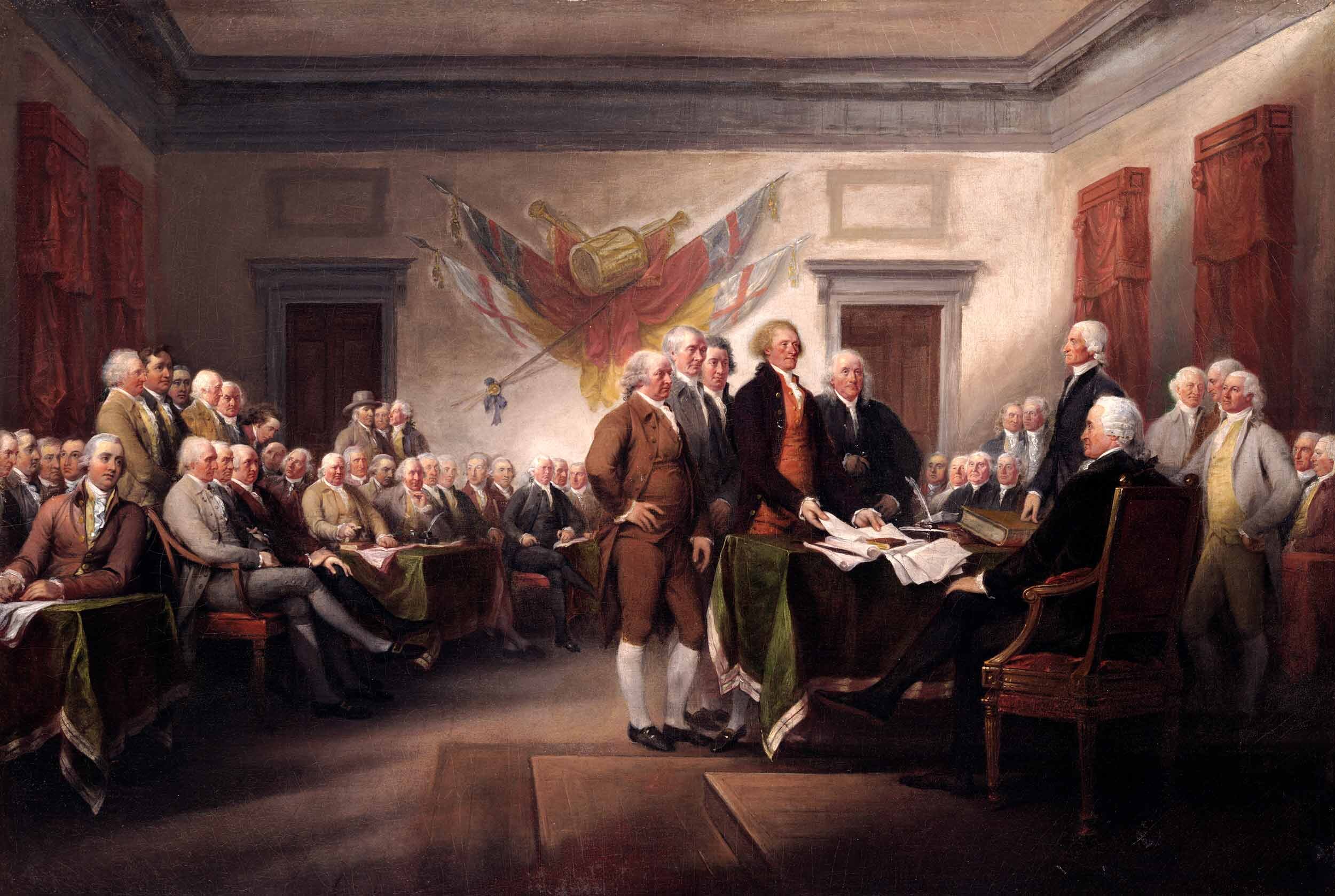
An Expression of the American Mind
On May 15, 1776, the fifth Virginia Convention meeting in Williamsburg passed a resolution calling on their delegates at the Second Continental Congress to declare a complete separation from Great Britain. Accordingly, on June 7, Richard Henry Lee rose and introduced into Congress what has come to be known as the Lee Resolution.
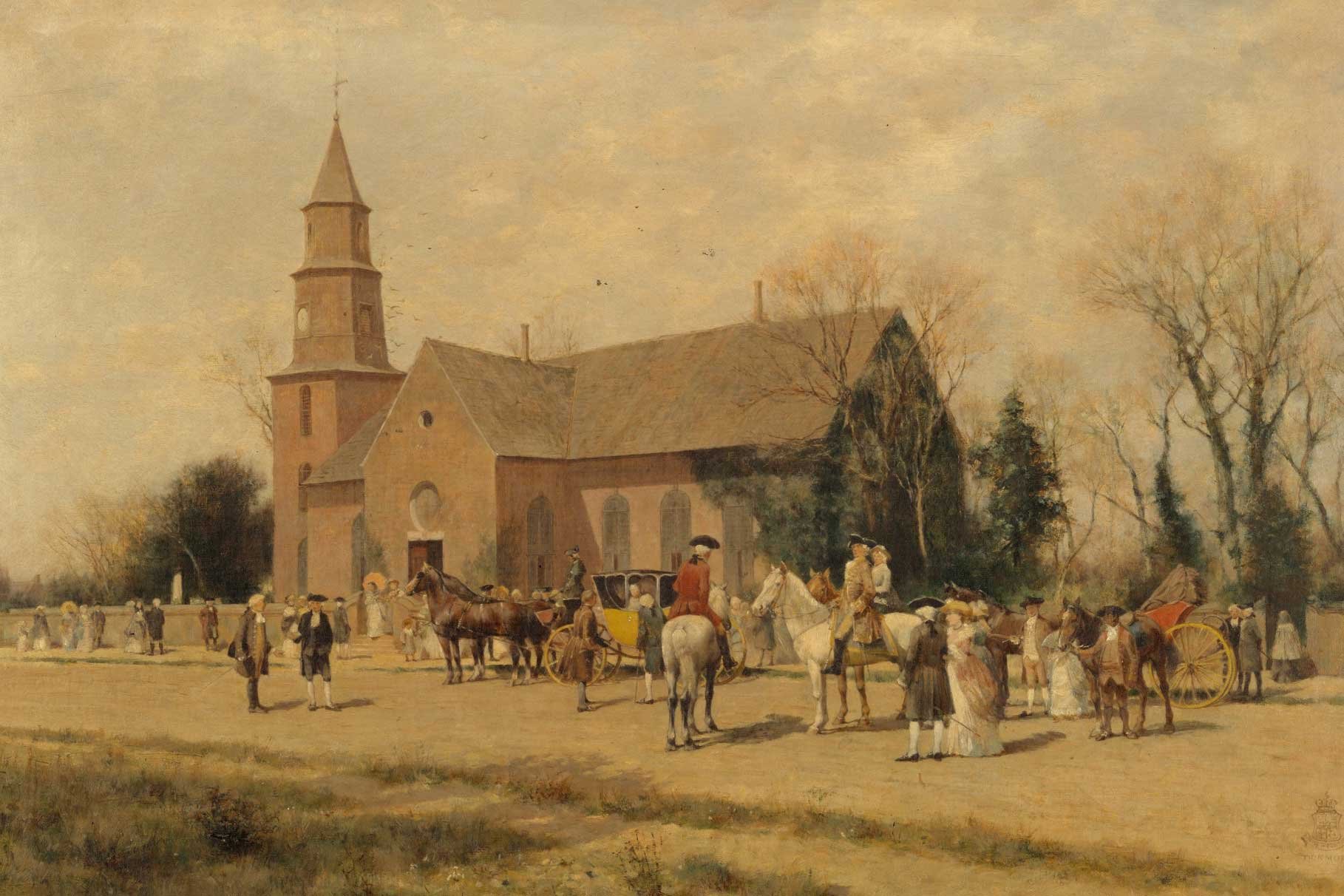
Thomas Jefferson’s “Summary View”
Thomas Jefferson’s revolutionary journey began in the 1760s and culminated in his masterfully written Declaration of Independence in 1776. But in between these events, Jefferson crafted one of the most impactful statements ever for American independence. Entitled A Summary View of the Rights of British America, it was perhaps the most logical assessment of the true relationship between Great Britain and her American colonies. The concepts Jefferson laid out had been refined and brought into focus following several dustups with Lord Dunmore, the new Royal Governor.
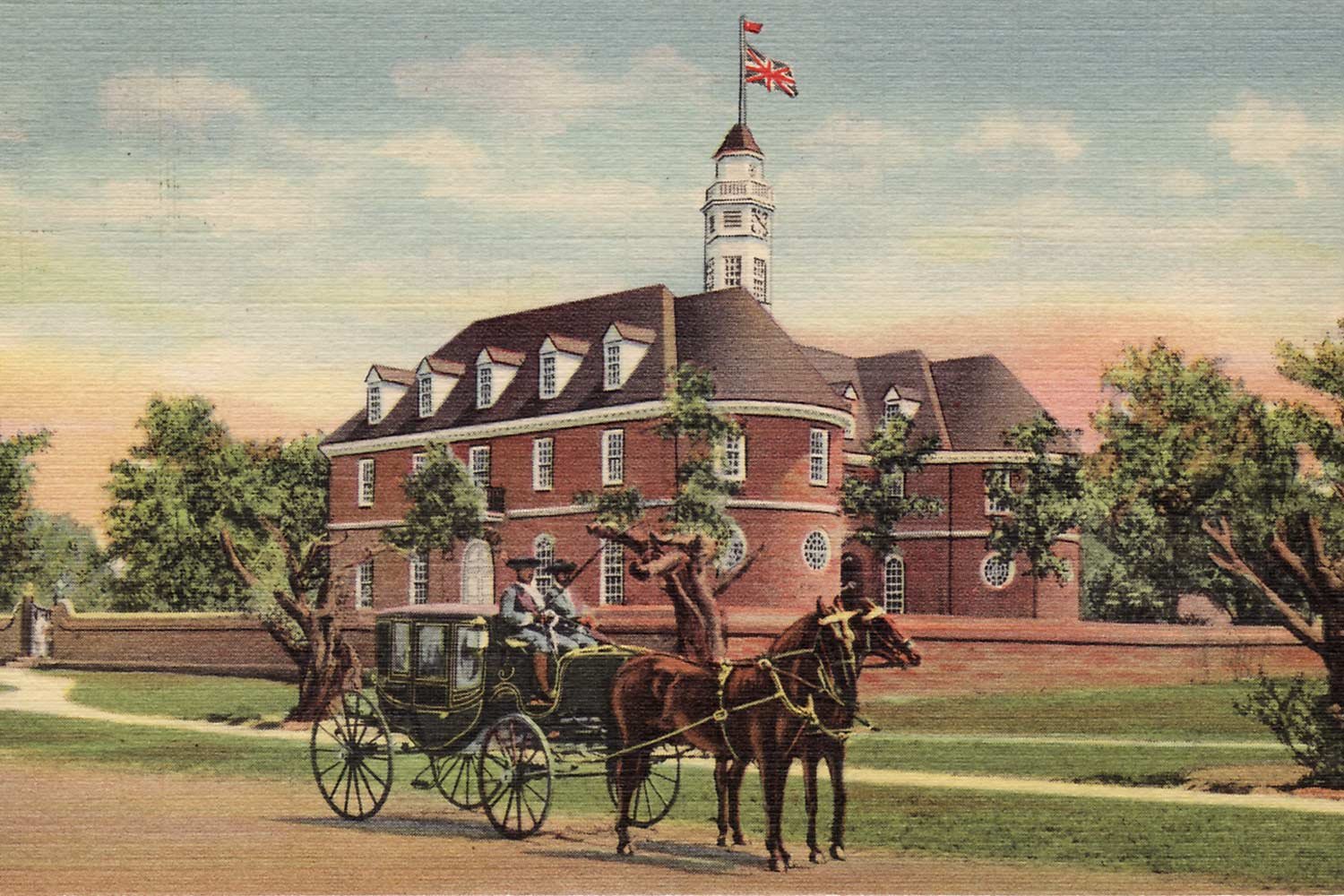
Thomas Jefferson, the Virginia Barrister
In 1765, Parliament passed the Stamp Act, the first internal tax on the American colonies, and thus began a decade of missteps by the British. Their miscalculations would take their country and their colonists on a direct path to Lexington Green and Concord Bridge on April 19, 1775. During this same year, Thomas Jefferson was concluding his time studying law under George Wythe and began to turn his eye towards the world at large and, more specifically, politics in the Colony of Virginia.
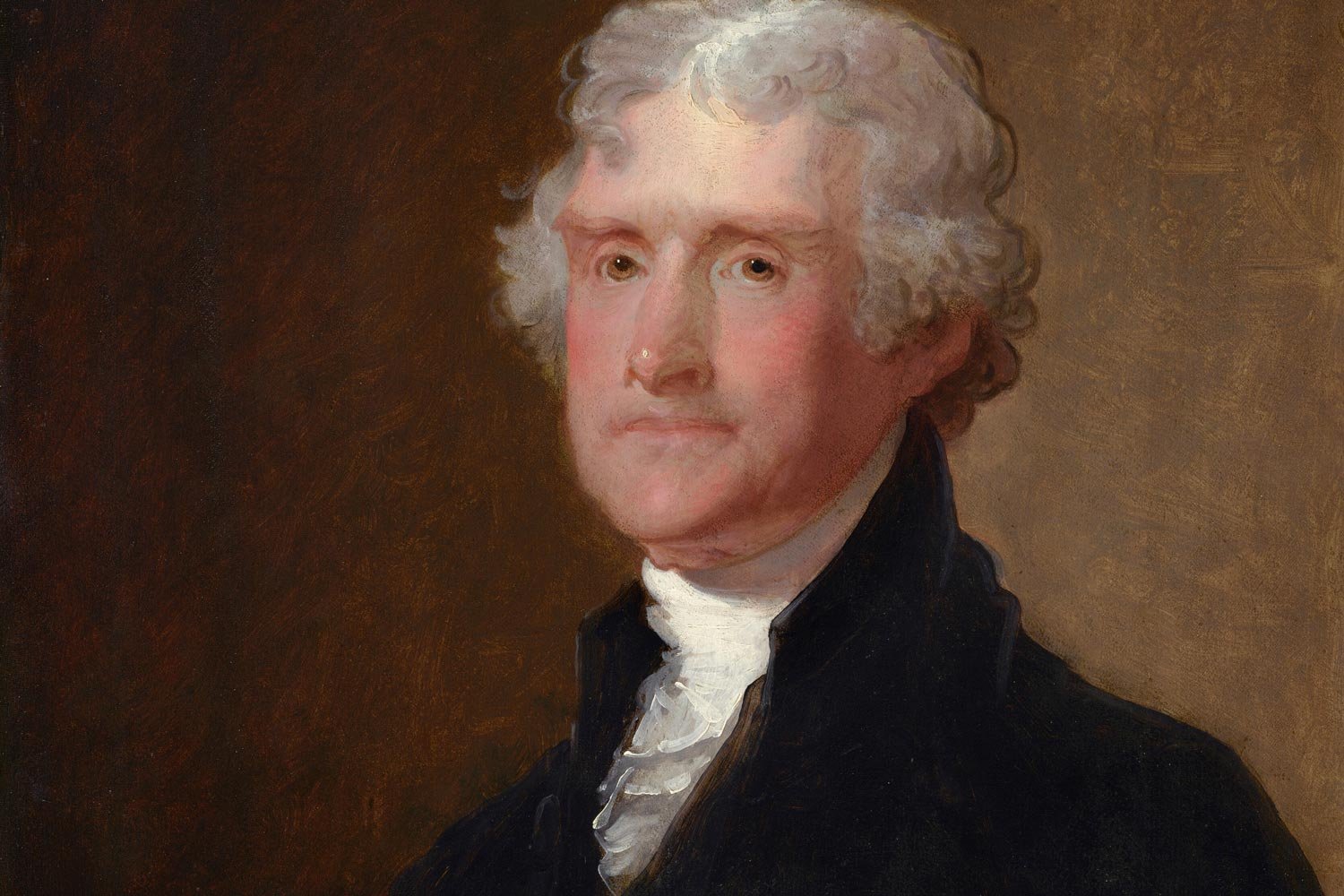
The Early Life of Thomas Jefferson
Thomas Jefferson is one of America’s most iconic Founding Fathers. Best known for his inspirational words in the Declaration of Independence, Jefferson was a brilliant man with diverse interests who spent the bulk of his life in service to his country and his later years in retirement at his beloved mountain home of Monticello, near Charlottesville, Virginia.
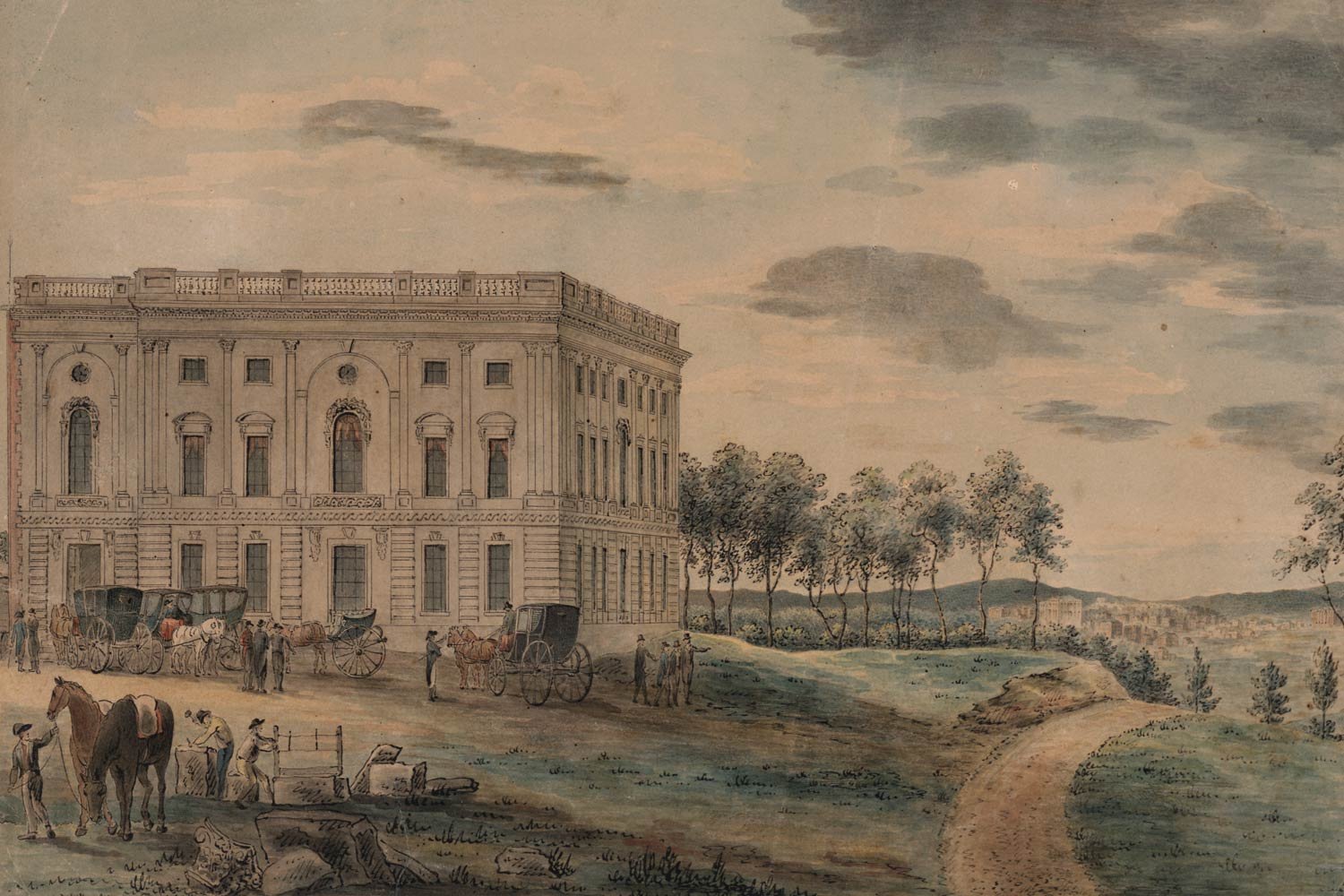
The House of Representatives Chooses Thomas Jefferson
The presidential election of 1800 ended in a tie, as the two Democratic-Republican candidates, Thomas Jefferson and Aaron Burr, each received 73 electoral votes under the original guidelines of the Constitution.




